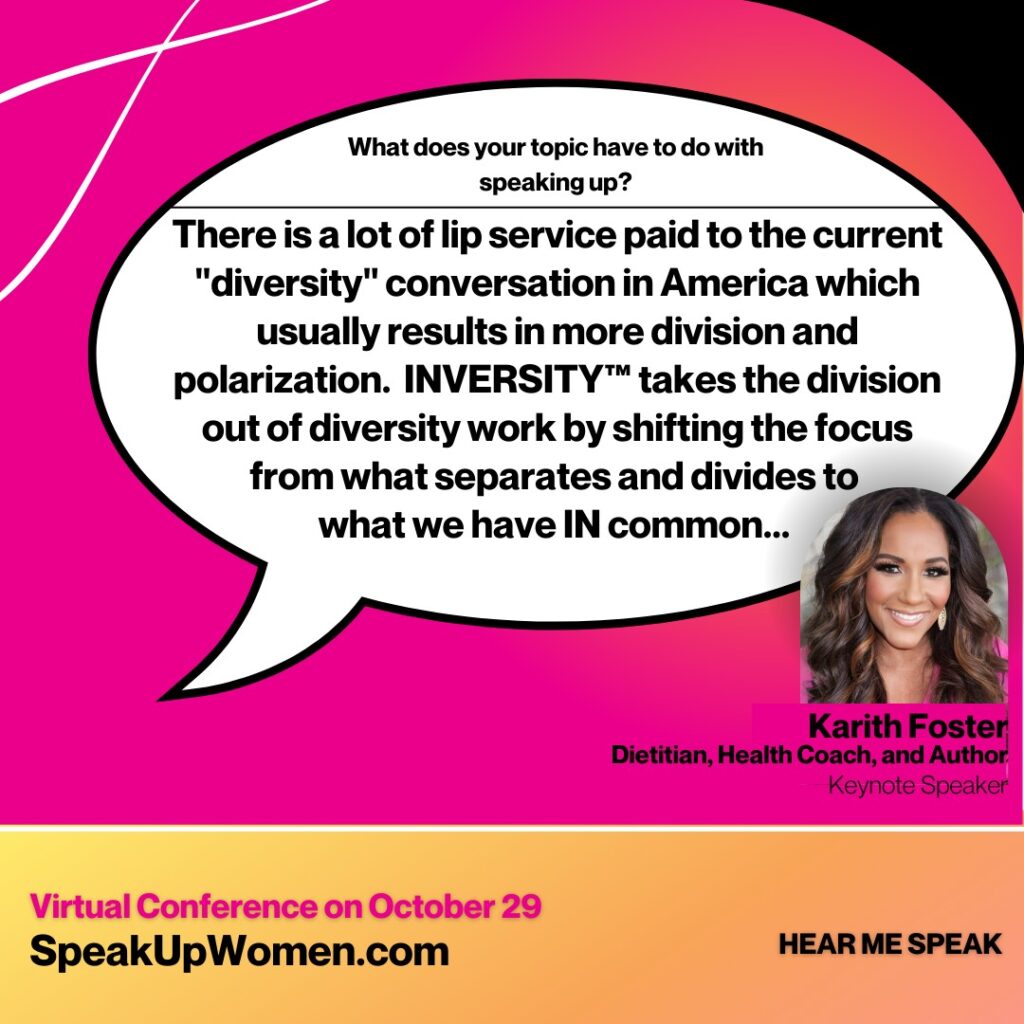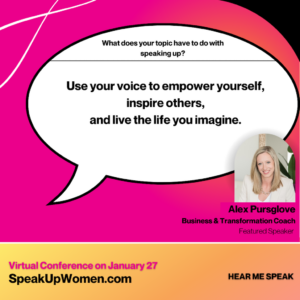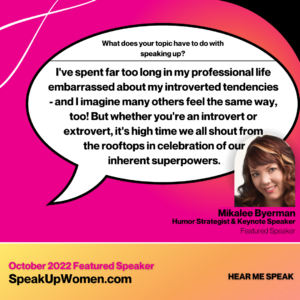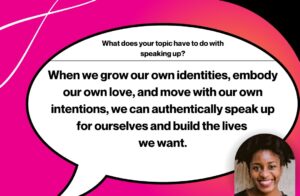Today we use different words and letters to describe the overarching concept of diversity, equity and inclusion. There’s the core DEI acronym, though sometimes, you’ll see a “B” added for “belonging”; other times, a “J” is included for “justice.” Whatever you wish to call it, and however the organization you work for chooses to address it, there’s one fundamental underlying goal of these efforts: creating spaces where people feel heard, welcome and included.
Once we achieve this goal of healthy spaces, we reduce conflict, raise awareness and create equanimity for all. Yet the fact that we are now entering the sixth or seventh decade of concerted efforts in the name of diversity, and still for many it feels that the needle is barely moving — or in some cases, is even moving backwards — is quite telling. If the majority of people have the same admirable goal, where is the disconnect?
That very question is why I founded my company, Inversity Solutions, and created the INVERSITY™️ methodology. Ingrained in everything INVERSITY™️ is something I call “Conscious Communication.”
DEI Is Rooted in Conscious Communication
Conscious Communication allows for an intentional exchange of dialogue, as well as an exchange of ideas that aren’t dismissed, but are inclusive of all who are part of the conversation. It demands and commands a brave space, which must be rooted in the other six pillars of INVERSITY™️: actualization, awareness, reception, courage, grace and positive energy. None of these pillars can exist or be executed without all of our diverse voices contributing. It is the diversity which allows for this powerful communication to exist.
Conscious Communication is the linchpin for true diversity and inclusion. Through this intentional act of encouraging people to speak up and engage with one another, we create understanding, enhance empathy, breed compassion, and allow for everyone’s voice to be heard.
Some may disagree with that very last sentiment. Everyone, Karith?! Are you sure about that? Yes. Yes I am. Here is my reasoning — when everyone believes they have a voice, they have a stake in the conversation. As soon as we tell someone their voice doesn’t matter or doesn’t count, we not only risk losing them, we’ve also likely created an adversary. In this quest for peace, connection and justice for all, we cannot afford to lose anyone when it comes to reaching our goal of true diversity and inclusion.
Inclusive Efforts Invite Diversity of Perspectives
This is why movements like Speak Up Women are so critical for changing the dialogue around so many prevalent issues in society — because they all lead back to diversity and our different life views and experiences. These differences aren’t to be feared or shunned but, instead, acknowledged and embraced. From them, we broaden our world view and advance our personal development.
Different voices are important for a multitude of reasons, primarily because if we don’t hear someone else’s story, we don’t know their experience. This lack of knowledge and information leads to stagnation and complacency, which means we will continue to see toxic and ineffective behaviors, actions, laws and operational procedures being done the same way without improvement and consideration. (And what’s the storied definition of insanity? Doing the same thing over and over again and expecting a different result.)
Yet that is what we’re doing whenever we don’t allow for all voices to be heard. It is even more damning when we try to shut certain voices down. It is highly unlikely that it is intentional or malicious, but as human beings, we do operate from a place of survival. At the first sign of a threat to our well-being, standing, jobs, relationships or survival, we do everything in our power to eliminate that threat. Along with our innate drive for survival comes the desire — dare I say craving — for comfort.
The Takeaway: Diversity Makes Magic
The inevitably of life is that there will be highs and lows, and there will also be moments of discomfort. It is uncomfortable when we don’t agree and are at odds with one another. This discomfort is exacerbated when we are forced to self-reflect, an act that may lead down a rabbit hole of taxing but invaluable work. This hard work isn’t for naught. The payoff is in the relationships we create and the revelations we have that bridge the divide.
When people understand the true value of their voices — when we speak openly and honestly — magic can happen. This is when each person in a conversation, classroom, community and organization can be seen and heard.
Learn more about Karith Foster and her journey at the Speak Up Women Conference.
If you enjoyed this article, join our newsletter and community at SpeakUpWomen.com to receive updates about how to stay empowered and speak up through our articles and upcoming conferences and events.





